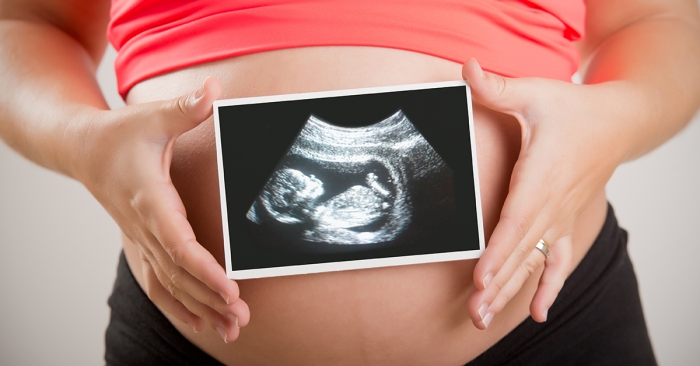Your urinary tract is made up of your kidneys, bladder, ureters (tubes that connect your kidney to your bladder) and your urethra. The primary function of your urinary tract is to flush waste, including bacteria, out of your body through your urine. Sometimes things can go wrong and potentially harmful bacteria will begin to reproduce in your urinary tract and cause infections.
Most infections are commonly found in the lower urinary tract in the bladder and urethra. If left untreated, it can spread to your upper urinary tract (i.e. bladder and kidneys) and can lead to serious health problems that can be potentially life-threatening. Unfortunately, if you’re a woman, your chances of developing a urinary tract infection are far greater because of your anatomy.
The most common UTIs in women affect the bladder (cystitis) and urethra (urethritis) and 90% of the time they are caused by the gastrointestinal bacteria, E. coli. Since a woman’s urethra has a shorter distance to the bladder and is in closer proximity to the rectum, the chances of transmitting bacteria from the GI tract increases.
However, people of any age or sex can develop a urinary tract infection, but women are at a higher risk. About 40 to 60% of women will experience a urinary tract infection in their lifetime. Certain medical conditions and lifestyle factors can increase your chances of developing a UTI if you:
- Are sexually active
- Are post-menopausal
- Are pregnant.
- Use diaphragms or spermicide
- Have a spinal cord injury or nerve damage around the urinary tract
- Have urinary tract blockage, such as kidney stones
- Have diabetes or immune deficiencies
- Recently used a urinary catheter
- Experienced a UTI in the past
How do you know you have it?
Symptoms common to any type of urinary tract infection include:
- Strong, frequent urge to urinate
- Painful, burning sensation while urinating
- Bad-smelling urine
- Cloudy urine or urine with blood in it
- Passing small amounts of urine, frequently
- Abdominal discomfort
Other Types of Infections
UTIs can be confused with symptoms caused by other types of infections. Sexually transmitted infections (STIs) such as herpes, gonorrhea, chlamydia, and mycoplasma can also cause urethritis. Yeast infections are a fungus that causes a thick, white vaginal discharge that doesn’t have an odor but shares some symptoms with UTI including burning sensations while urinating.
Life-threatening Complications
If your UTI is left untreated, it can spread from your bladder into your kidneys. Kidney infections can be serious and lead to a potentially life-threatening condition called sepsis. In addition to UTI symptoms, kidney infections can include fever, chills, pain in your lower back or side and nausea or vomiting.
Although most kidney infections are from a UTI they can happen following kidney surgery or from an infection that spreads from another part of your body. With March being National Kidney Month, now is a good time to learn how you can improve your kidney functions with a few simple lifestyle steps.
You can lower your risk of developing a urinary tract infection by:
- Drinking plenty of water to dilute your urine and flush out bacteria.
- Drink cranberry juice.
- Wipe from front to back.
- Empty your bladder after intercourse.
- Avoid irritating products like douches and powders.
- Change your birth control method. Diaphragms, or unlubricated or spermicide-treated condoms, can all contribute to bacterial growth.
Treatment
UTIs, including kidney infections, can be treated with a course of antibiotics. You may begin to feel better after a few days on your antibiotics, however, you should continue taking the medication as prescribed. If you don’t take it as prescribed, stronger bacteria may not be killed causing another flare-up. People with severe kidney infections may need to be hospitalized. While being treated:
- Drink plenty of fluids.
- Take over-the-counter pain medication.
- Use a heating pad to ease the pain.
- Avoid coffee and alcohol, which can make you feel like you need to urinate more often.
If you are concerned by the symptoms you are experiencing, call our Raleigh OB/GYN Center at (919) 876-8225 to schedule an appointment. Our team of healthcare providers has provided personalized and comprehensive care for women in all stages of life for more than 40 years.











